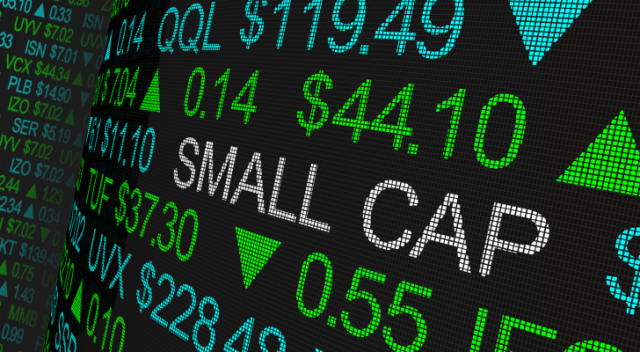One of the most popular stock indexes used to small-cap stocks, the Russell 2000 is a market capitalization-weighted index and widely considered the benchmark for smaller U.S. companies while the S&P 500 and Dow Jones Industrial Average (DJIA) indexes track large-cap stocks.
The Russell 2000 is a market capitalization-weighted index. The market capitalization of the Russell 2000 represents approximately 7% of the total market capitalization of that of the Russell 3000. Even though it has more companies than the Russell 1000, it signifies a smaller capitalization portion of the U.S. market.
Each year at the end of the second quarter, the Russell 3000 is rebalanced, re-ranking the top 3,000 stocks. The largest 1,000 stocks enter (or re-enter) into the Russell 1000, while the smallest 2,000 stocks are slotted for the Russell 2000. The indexes may see some minor quarterly changes based on IPOs and stock floats.
The stocks in the Russell 2000 are smaller than those in indexes such as the S&P 500. Many are newer growth companies that tend to be more volatile than their larger counterparts. It is a good index for an aggressive investor who is looking for growth opportunities.
The Russell 2000 and Russell 1000 are both subsets of the Russell 3000. The Russell 2000 and Russell 1000, when combined, make up the Russell 3000 index.
The index was launched in 1984 by the Frank Russell Company and is managed by FTSE Russell.
